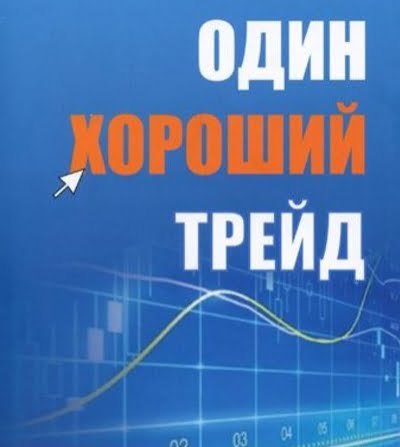John all day perfecting their trade rules. He tedious applied indicator for the indicator, despite the fact that many of them showed the same thing. Search continued. John frantically believes that he missed something, but do not know what it is. He is not going to invest until they are absolutely sure that his plan of trade is being protected from errors. He thinks: “I must know every possible factor that could prevent the transaction, otherwise I’ll lose money, but it would be a fatal blow.” John hit the paralysis of analysis. He can not decide, and varies in fear and uncertainty.
People differ in the degree to which their striking paralysis of analysis. Some of it is relatively mild and may even work as an adaptive approach to decision making, but for others “analysis paralysis” is a long-standing psychological problem.
Normal course of paralysis of analysis.
A cautious analysis of all possible alternatives and all possible consequences of decisions – a sign of good decision. It is important to avoid impulsive decisions when there are unnecessary risks. For example, you would not want to buy too expensive a house or a car that does not fit into your budget. If you have saved enough money to open an account, you probably know this and have a strong desire to apply what we learned in the financial life of a professional trading. When you come into trading, it is vital to have a clearly defined trading plan. Make sure that the one single transaction is not able to destroy your trading account. Also, clearly define the signs and signals that indicate that your plan is broken when you have to close the trade, to protect the capital. It is useful to undertake a full analysis before making a decision, but not useful to be paralyzed by this analysis. Pathologic variants.
Pathologic variants.
Pathological variant of the paralysis of analysis is very different from the normal decision-making. Traders with this disease suffer greedy need to find the confidence and security. For them, the uncertainty is unreliable. This is not just a pessimistic view of events. They liken the money to the psychological security, losing money is not only the loss of financial security, but loss of emotional security and well-being. How to develop such a disease? A lot of it originated in early childhood. Parents often set up rules for children and punish them when the rules were broken. The child was looking for, what rules to follow to avoid punishment and unpleasant sensations associated with it. As an adult, we are creating their own rules and decide to follow them or not, we will no longer look like children, “loyal” rules to avoid punishment. People with paralysis of analysis, by contrast, tend to look “correct rule. They are constantly looking for rules, and when clear rules are not, they just make them. So, as if the parents followed them into adulthood. They are always with them – grumbled and threatened punishment if the “correct” rules are not defined and not strictly followed. For traders with a paralysis of analysis of such a conflict of childhood manifested as the search for “true” indicator or “faithful” of trade rules. They have a strong need everything to be perfect. Because if not, they believe that is inevitable any kind of punishment.
Do you have an extreme form of paralysis of analysis? If so, is vital to identify this disease and develop a strategy to combat it.


